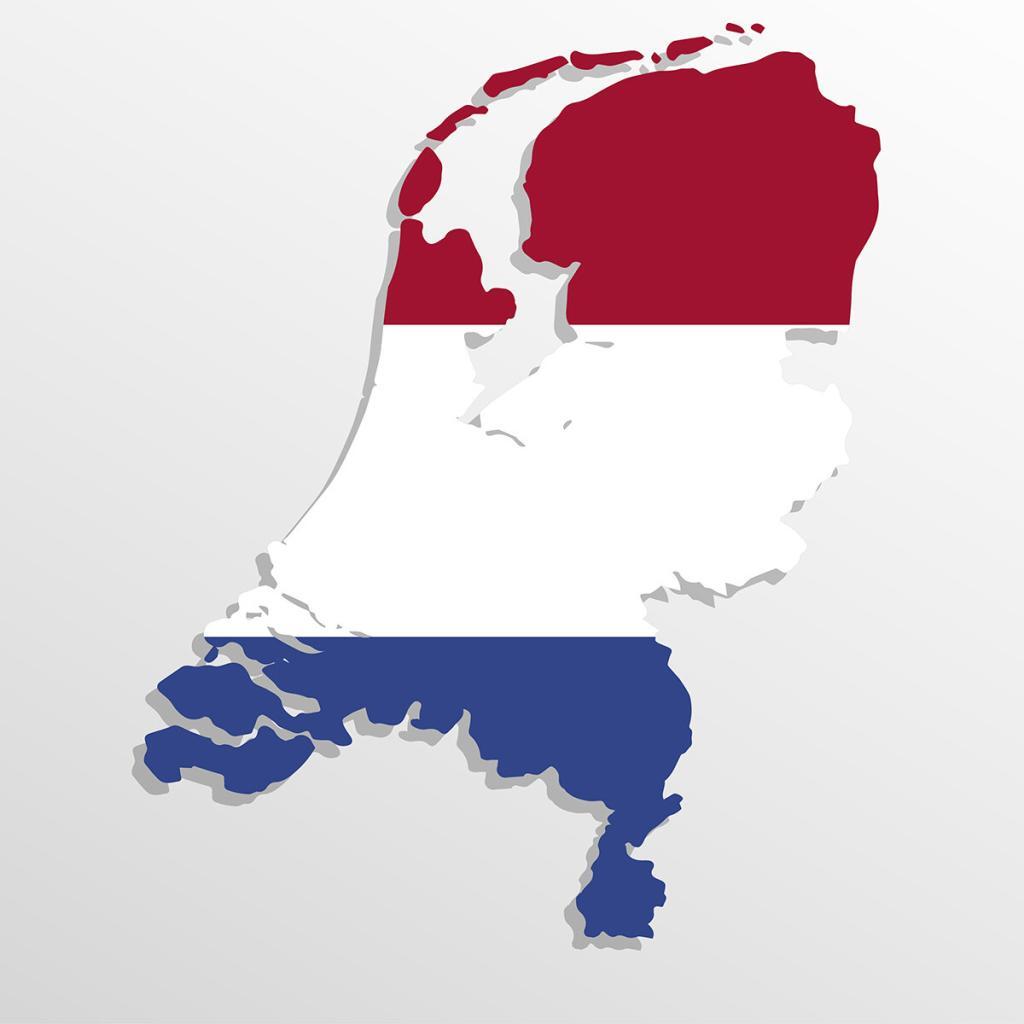
Gateway to Europe
The Netherlands market is financially strong and healthy. Economic growth in 2021 is expected to be at 4% and at 3.5% in 2022. Unemployment will increase, slightly, to 3.5% in 2022. This means the labour market will remain tight
According to the World Economic Forum’s Global Competitiveness Report 2020, the Netherlands is ranked #4 in the economies best positioned to adapt and recover from the COVID-19 impact.
The Netherlands are in the Top 10 for Key Technology Indicators:
- Flexible work Arrangements (#1)
- Digital skills (#5)
- Digital legal framework (#10)
For more information on The Netherlands Market, we suggest you also read:
Growth in IT Services
The Netherlands IT sector has seen a limited impact from the corona crisis. The industry outlook is positive. In 2020, the IT industry was one of the few sectors to grow by 1.2%. In 2021, the growth rate will return to pre-coronavirus levels. Rabobank expects further growth of the IT sector by approximately 5% for 2022. This is driven by the continuing demand for technological products and solutions.
The number of new companies is increasing, including many self-employed.

Main drivers for growth:
Work from home
The accelerated digitization due to the corona crisis is still noticeable. Many companies are forced to (partly) work from home. This has raised the demand for cloud solutions, video conferencing, consulting or software.
IT outsourcing
Due to rapidly changing technology, companies often outsource IT systems to service providers. Outsourcing to cloud platforms like Microsoft Azure and Amazon Web Services continues.
Increased use of cloud and software
IDC expects a growth of 17+% until 2025 for spend on cloud hardware, software and service components. This is driven by the shift to the digital economy. Gartner expects software spend to grow by 12% in 2022.
Cyber security
The increase in (home) networks, data and cloud rises the risk of cyber incidents. This drives the demand for cybersecurity services.
IDC expects Managed Security Services to growth with 12% until 2025.
Many small businesses
The vast majority of IT companies are small. 56% of companies are self-employed and 88% have 5 employees or less.
0.6% of IT companies have more than 100 employees. This is above the Netherlands average of 0.4% for other companies. For a young sector, IT is mature in terms of size classes.
Staff shortage
The continued high demand, creates a situation that many IT providers have more work than they can handle. This is caused by staff shortage. IT companies indicate that this problem has grown over the past six months.
Over 25% of all IT companies now state that staff shortages are the biggest challenge. In addition to the shortage of technical personnel, the “war on talent”, a “war on staff” is also increasingly emerging, simply filling positions with staff.
What does this mean?
- The Netherlands is a healthy economy with companies that want to expand, but are not able to attract enough trained personnel
- In marketing terms, the Netherlands is a “Red Ocean”: Unless you are providing new or innovative IT services for this market, you have to work in a market where boundaries are defined and accepted. The competitive rules of the game are known. Foreign companies have to outperform the competition
- The expected growth in the IT industry and the simultaneous acute shortage of well-trained IT personnel indicates that an influx of well-trained IT personnel is needed. Global companies such as Cognizant and Capgemini therefore bring virtual or physical staff from Asia to work on projects in the Netherlands
What to do?
- Demonstrate the availability of well-trained IT personnel (CVs, company profiles, references)
- Build relationships with local IT providers. They do have customers, but also a shortage of well-trained IT staff
- Start branding your company in the Netherlands (Building trust takes time)

